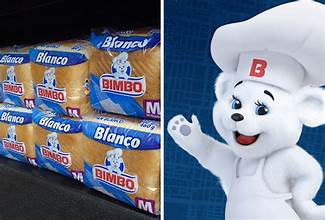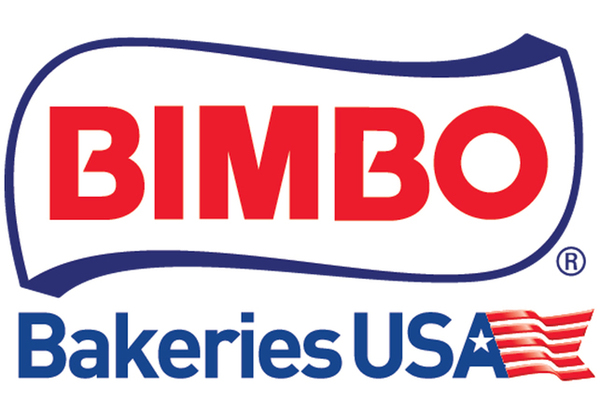
Grupo Bimbo, the world’s largest bakery company, has announced a bold step in its commitment to healthier and more transparent food products: the complete elimination of artificial colorings from its entire product lineup by the end of 2026. This major decision reflects growing consumer demand for natural ingredients and cleaner labels, as well as the company’s vision for more sustainable and responsible food production.
A Step Toward Clean Label Products
Artificial colorings have long been a point of concern among health-conscious consumers and nutrition experts. Studies have suggested potential links between certain synthetic dyes and behavioral or health issues, especially in children. While regulatory authorities in many countries continue to allow the use of such additives within safe limits, the general market trend has shifted toward more natural alternatives.
Bimbo’s initiative is aligned with this shift. By eliminating artificial dyes, the company aims to offer products that not only meet high safety standards but also fulfill the growing expectations of consumers who want ingredients they recognize and trust.
A Global Commitment
This initiative isn’t limited to one country or product category. Bimbo operates in more than 30 countries, with a vast range of products that include bread, buns, snacks, tortillas, and pastries under various well-known brands. The move to remove artificial colorings by 2026 will affect all these markets.
The company has previously taken steps toward healthier product reformulation, such as reducing sugar, sodium, and saturated fats. This latest commitment further underscores Bimbo’s dedication to evolving with consumer values and prioritizing health across all its operations.
The Transition Plan

Eliminating artificial colorings from such a wide array of products presents technical challenges. Many artificial dyes are used for consistency, stability, and shelf life. Replacing them with natural alternatives that deliver the same visual appeal requires thorough research and innovation.
To meet the 2026 deadline, Bimbo is working closely with food scientists, suppliers, and regulatory agencies to ensure smooth transitions. Natural coloring agents—derived from vegetables, fruits, and spices like beet juice, turmeric, annatto, and paprika—are being tested and integrated into reformulated recipes.
The company is also engaging in consumer research to understand perceptions around natural coloring and to ensure the changes meet aesthetic expectations without compromising product quality.
Consumer-Centric Strategy
The move reflects a broader transformation in how food companies interact with their customers. Transparency has become a key part of brand trust. Labels now serve not just as regulatory tools, but as instruments of communication between producer and consumer.
Bimbo recognizes this and is making its transition plan known well in advance to maintain transparency. Communicating timelines, challenges, and progress helps reinforce the brand’s integrity and customer loyalty. It also empowers consumers to make informed choices about what they and their families eat.
Environmental and Ethical Implications

The elimination of artificial ingredients often goes hand in hand with sustainable sourcing practices. Natural colorants typically come from plant-based sources, which may have lower environmental impact than petroleum-based synthetic dyes. While sourcing natural ingredients still requires attention to land use and agricultural practices, it is generally perceived as a more sustainable route.
Moreover, this initiative supports ethical food practices by ensuring that product formulations are not only healthier but also better aligned with consumer ethics and preferences, including demands for more plant-based, non-GMO, and less processed food.
Industry-Wide Influence
Bimbo’s move is likely to have ripple effects across the global food industry. As a market leader with a massive distribution network, its decisions can influence supply chains and industry standards. Competitors may feel increased pressure to follow suit, especially as consumer awareness of food ingredients continues to rise.
Retailers and food service providers that carry Bimbo products may also adopt stricter ingredient policies in response. This collective industry momentum could lead to a broader shift in how food is formulated and marketed worldwide.
Challenges and Opportunities
Despite its benefits, the transition will not be without hurdles. Reformulating recipes to maintain taste, color, and texture while using natural alternatives is a complex process. Additionally, natural colorants can be more expensive and less stable under certain storage conditions.
However, these challenges are also opportunities. Companies that successfully innovate in this space stand to gain both market share and consumer goodwill. Bimbo, with its global reach and strong R&D infrastructure, is well-positioned to lead this change.
Looking Ahead
As the 2026 deadline approaches, consumers can expect to see gradual changes in the appearance and labeling of Bimbo products. The company’s commitment not only reflects current consumer demand but also signals a long-term investment in health, transparency, and sustainability.
By removing artificial colorings, Bimbo is taking a clear stand on what it believes the future of food should look like—simple, natural, and trustworthy. This move could pave the way for more companies to prioritize wellness and ingredient clarity, ultimately benefiting both the industry and the people it serves.



